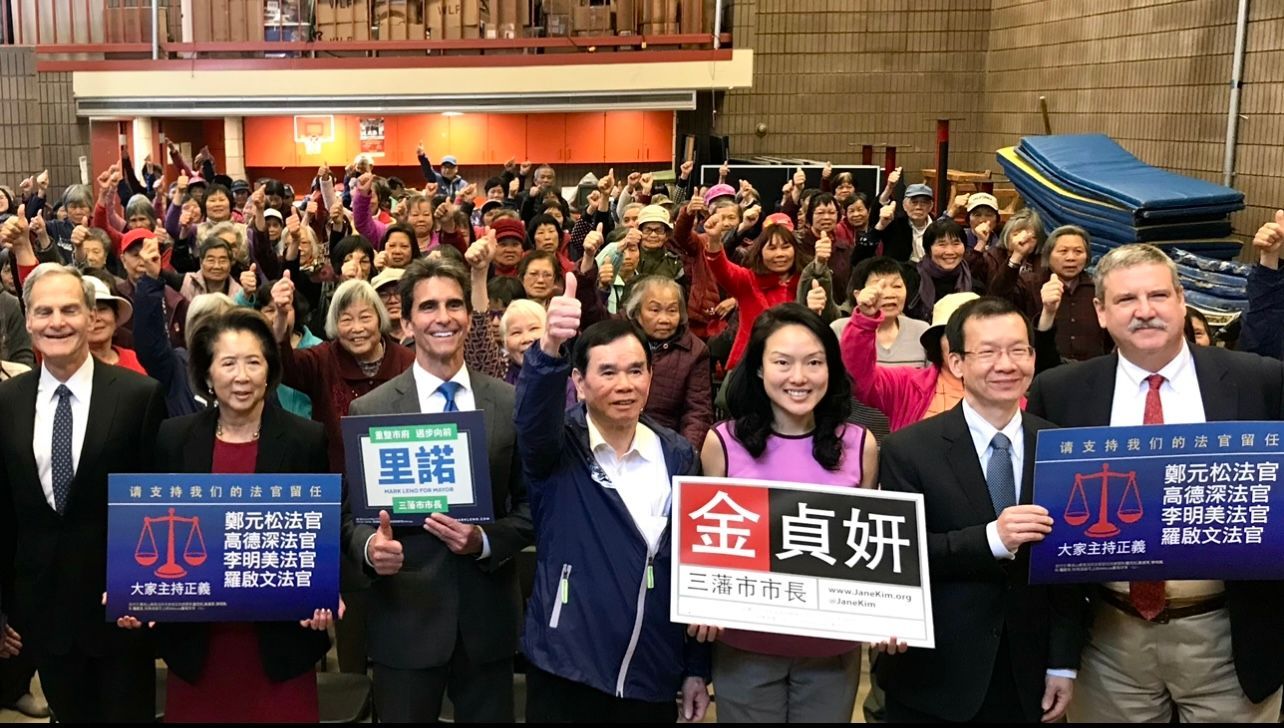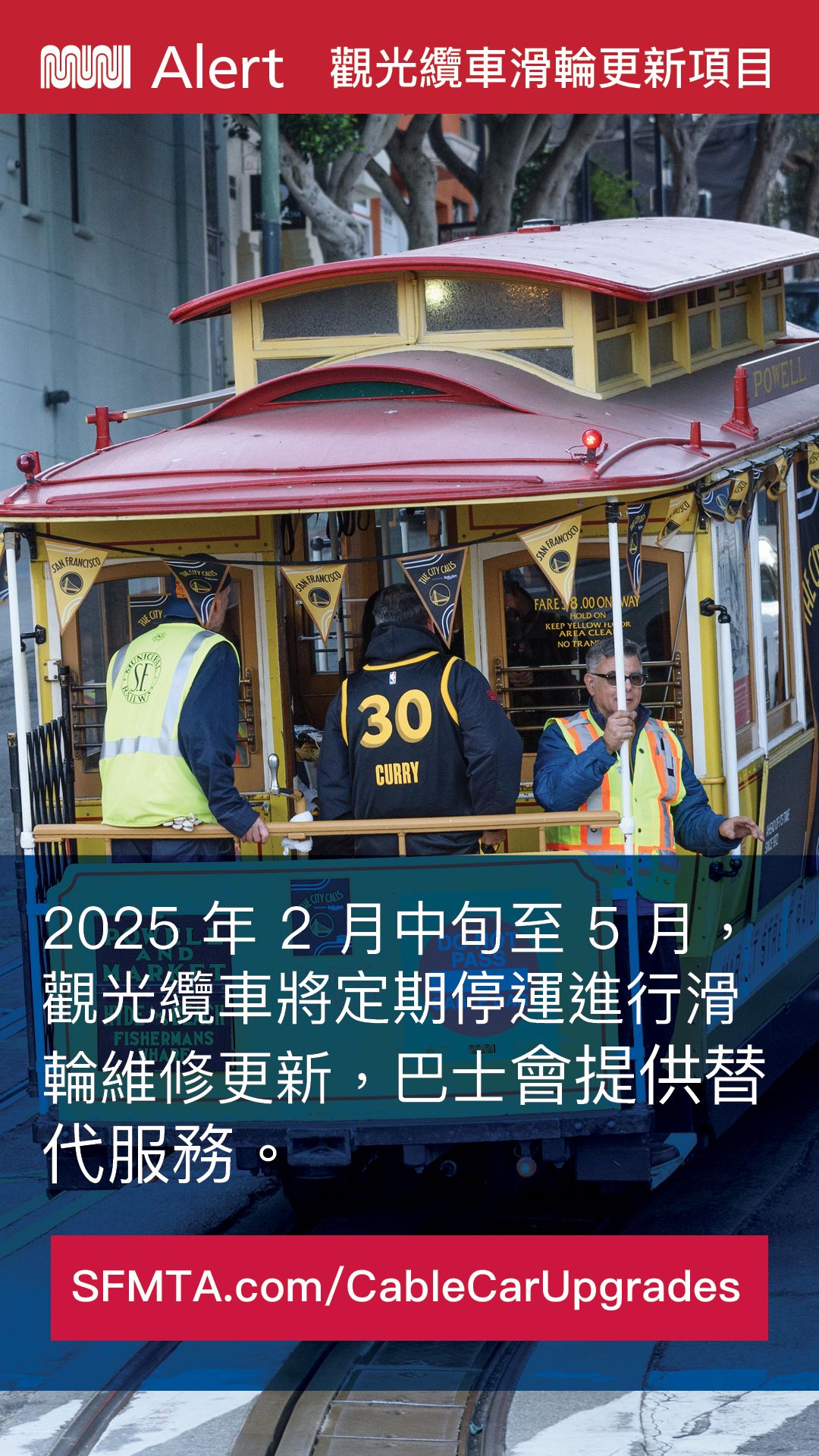Editorial: Both Chinese American voters and candidates for public offices like to see their character-based Chinese names for identification, not for cultural appropriation

Should character-based or phonetic-transliterated Chinese names of candidates be listed on the ballots? The issues have been widely covered by news media in recent weeks.
In our opinion, there have been unfair demands and practices from all levels of the government agencies and individuals related to this Chinese name controversy.
Who would suffer the most from this controversy and the unfair policy? Not only the candidates, but also the monolingual Chinese voters who rely on the Chinese names to recognize the best candidates for them to vote for in elections.
In fact, the controversy began with State Treasurer Fiona Ma when she ran for the office in 2018. Ma was born in the United States. Her parents named her with a character-based Chinese name 馬世雲 in addition to her English name.
She has her character-based Chinese name since she was born like many Chinese Americans in the United States. But when she ran for State Treasurer in 2018, she found a transliterated version of her English name appeared on the Chinese-language ballots. Her English name was transliterated as 菲安娜・馬 (Fei O Na Ma), different from 馬世雲.
“I have never used this transliterated name before,” she wrote in a letter to Governor Newsom in 2019 urging him to sign the bill, AB 57, which was introduced by Assemblymember Evan Low (D-Silicon Valley) in response to her Chinese name situation on the Chinese-language statewide ballots.
“This is a very critical issue for (Asian/Pacific Islander) candidates like myself, and especially for non-English voters, because they do not recognize who ‘Fei O Na Ma’ is when they see this name on the ballot," Ma wrote.
Under the federal Voting Rights Act based on the population of immigrant communities, nine counties in California are mandated to provide ballots in other languages, San Francisco, Contra Costa, Alameda, San Mateo, Santa Clara, Sacramento, Los Angeles, Orange and San Diego.
Low introduced AB 57 which was signed into law by Newsom in July 2019 and enacted in 2020. Under AB 57, the Elections Departments in California would translate candidate names on the ballots phonetically into different languages unless candidates prove that they have used their character-based names in the communities for at least two years.
Why is at least 2-year-old documentation required for putting a foreign language name on the ballot? As long as the candidates who are running for public offices can provide documents to show their identities in different languages, they should be accepted. The documents could be in any format, birth certificates, family records, photos, and many more.
With regards to the Chinese names, if candidates who are not ethnic Chinese and like to have official character-based Chinese names, their requests should be honored. They may obtain the documents from court or any other channels.
Having an identity, no matter if it is an English name or Chinese name, is a fundamental human right which allows each individual the ability to enjoy all of his/her rights. It is an international law. From birth, each individual has the right to have a name and a surname.
For the vast majority of Chinese Americans who were born overseas in China, Taiwan, or Hong Kong, they were only named by their parents in Chinese language at birth. When they came to the United States, many of them would add English first names by themselves, like John, Michael, Mary, Jennifer, because they want to be more easily called and remembered by their American friends, co-workers. It is also a way to integrate into American society.
When so many Chinese Americans have been able to enjoy the freedom to add their English names in addition to Chinese names. Why would the non-Chinese candidates not be able to list their character-based Chinese names on the ballots? Why would the Elections Departments have the authority to name the candidates?
When Hong Kong was a British colony prior to 1997, all the non-Chinese government officials were provided with character-based Chinese names, not for cultural appropriation, but for cultural appreciation.
We believe most of the non-Chinese candidates would share the same cultural appreciation to integrate into the Chinese community in some regions like the San Francisco Bay Area by naming themselves with character-based Chinese names.
For the vast majority of the political candidates who have selected their official character-based Chinese names, it is not to take advantage of getting more Chinese votes. Their desire is to identify themselves with unique names to the Chinese voters. Nowadays most of the Chinese voters are smart enough to know who the Chinese and non-Chinese candidates are.
If the California or San Francisco Departments of Elections would like to prevent any advantages or abuses of character-based Chinese names, it is not difficult for them to add all candidates' ethnicities on the ballots.
If the candidates, who are not able to meet the requirement of 2-year proof, are listed with phonetic-transliterated Chinese names, the monolingual Chinese American voters would suffer the most. It is difficult for them to identify the candidates by reading the long transliterated names, because the character-based Chinese names are usually in 2 to 3 Chinese letters.
For instance, when Willie Brown was the Assembly Speaker at the State Legislature in the 1970s and 1980s. Jerry Brown was the Governor of California. Jeff Brown was the Public Defender in San Francisco. All of them did not have character-based Chinese names. Their phonetic-transliterated names became very long in Chinese. The Chinese press then translated their names into different ways. As a result, each Chinese-language newspaper published different Chinese names for them. The situation had confused many Chinese immigrants who read Chinese only.
In October 2023, Natalie Gee (朱凱勤), a supervisor legislative aide and Democratic County Central Committee (DCCC) candidate in March 2024 election, demanded Emma Heiken, also a DCCC candidate in March election, to withdraw her character-based Chinese name (馬凱勤) , because both of them shared the same Chinese given name.
There is no copyright for any individuals to stop others from having the same names. Visitacion Valley community leader Marlene Tran's Chinese name is Tran Mei-Ling (陳美玲). Portola community leader Hazel Lee's Chinese name is Lee Mei-Ling (李美玲). Former KTSF news anchor Mei-Ling Sze (斯美玲) also shares the same Chinese given name.
Gee's complaint had triggered D1 Supervisor Connie Chan to send an inquiry to SF Department of Elections citing cultural appropriation, according to San Francisco Standard which first reported on the issue. The San Francisco Elections Department decided to implement AB 57 immediately for the March 2024 election.
Individual candidates' situations have proved that AB 57 is an unfair legislation which needs to be amended and eliminated the 2-year requirement as long as the candidates have the desires and proofs of how they like their names to be presented to the voters on the ballots.
- In a 52-2 vote, Chinese American Democratic Club endorses to recall Supervisor Engardio as a result of passage of Proposition K
- An amnesty program in San Francisco is back through July 1, 2025 to legalize existing awnings
- Opinion: Political betrayal warrants recall
- Do empty yellow loading zones best serve the San Francisco Chinatown community?
- T&T Supermarket, largest Asian grocery chain in Canada, announces to open at San Francisco City Center on Geary Blvd. in winter 2026
- (Breaking news: Charlene Wang wins in the Oakland's special election) Charlene Wang runs for Oakland District 2 Councilmember on April 15, 2025 to represent Oakland Chinatown
- Mayor Lurie announces plans to support small businesses including First Year Free program waiving fees for new businesses
- 12 speed safety camera systems out of 33 begin to operate in San Francisco by first issuing warnings instead of citations for 60 days






